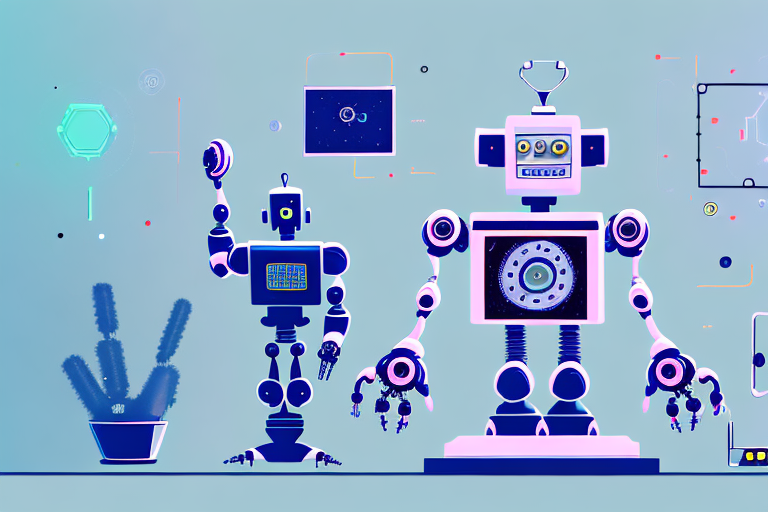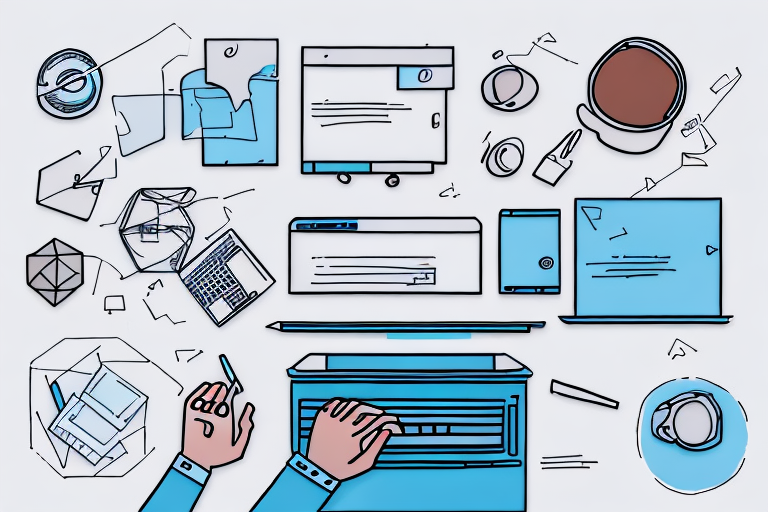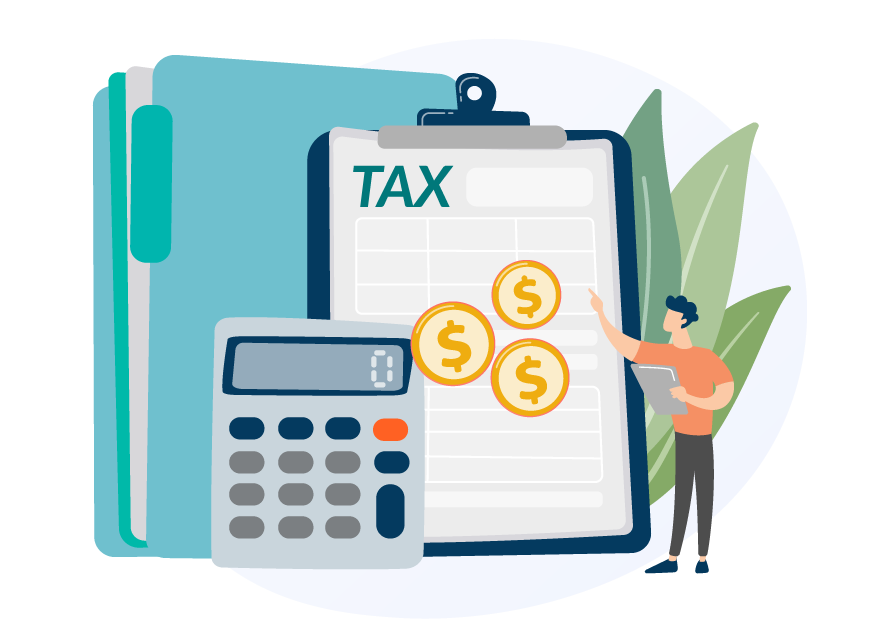Freelancers are constantly seeking new ways to keep themselves ahead of the game and remain competitive, especially in an era where technology is rapidly evolving. One technology that is taking the world by storm is Artificial Intelligence (AI), and it’s no secret that it will play a significant role in the future of work. To keep up with the ever-changing landscape of freelancing, one must acquire the necessary skills that AI demands.
The Growing Importance of AI in the Freelance Market
Artificial Intelligence (AI) has become an integral part of modern-day businesses. It is transforming the way the world operates, and industries that embrace AI are gaining a competitive edge and changing the world as we know it. With the growing importance of AI, it’s no surprise that many freelancers are looking to acquire AI skills so that they can offer their clients more value-added services. The freelancing industry is no longer immune to the effects of AI, and those who embrace the technology will undoubtedly have a brighter future.
As AI continues to evolve, it is becoming clear that it is the future of work. It is predicted that by 2025, the AI market will be worth $118 billion. This means that freelancers who are skilled in AI will have more job opportunities and will be able to command higher rates.
The Rise of AI-Driven Industries
From healthcare to finance and everything in between, AI is making a significant impact. Companies in a wide range of industries are investing in AI as they strive to streamline processes, automate tasks, and stay ahead of the curve. AI is changing the way businesses operate, and those who fail to embrace the technology risk being left behind.
Freelancers who position themselves to offer AI-related services will undoubtedly have plenty of opportunities in the future. As AI becomes more prevalent in different industries, there will be a growing demand for freelancers who can help businesses implement AI solutions and optimize their processes.
How AI is Transforming the Freelance Landscape
AI is transforming the way people work, and freelancers are not left behind. With AI-powered tools and software, freelancers can optimize their workflow and deliver results quickly and efficiently. For example, chatbots can serve as virtual assistants and handle routine tasks, while AI-powered software can automate tedious processes, allowing freelancers to focus on more complex tasks that require human input.
AI is also changing the way freelancers market themselves. With the help of AI-powered tools, freelancers can identify potential clients and target them with personalized messages. This means that freelancers can spend less time on marketing and more time on delivering high-quality work.
In-Demand AI Skills for Freelancers
The most valuable AI skills vary depending on the industry, but some are in high demand across the board. To stay competitive, freelancers need to develop skills in areas such as:
- Machine learning and data analysis: Machine learning is the backbone of AI. Freelancers who can build machine learning models and analyze large datasets will be in high demand.
- Natural language processing: With the rise of chatbots and virtual assistants, natural language processing has become an essential skill for freelancers who want to work in the AI space.
- Computer vision and image recognition: Computer vision and image recognition are essential for industries such as healthcare and retail. Freelancers who can develop computer vision algorithms and analyze images will be in high demand.
- Robotics and automation: Robotics and automation are transforming industries such as manufacturing and logistics. Freelancers who can develop and implement automation solutions will be in high demand.
Freelancers who develop these skills will be able to offer their clients more value-added services and will be able to command higher rates. As AI continues to evolve, it is clear that those who embrace the technology will have a bright future in the freelancing industry.
Essential AI Skills for Freelancers
As the world becomes more reliant on technology, it’s important for freelancers to stay up-to-date with the latest skills and trends. In particular, artificial intelligence (AI) is rapidly transforming various industries, and freelancers who possess AI skills can offer value-added services to their clients. Here are some of the most essential AI skills for freelancers:
Machine Learning and Data Analysis
Machine learning is a subset of AI that involves building models that can perform tasks without being explicitly programmed. Freelancers who specialize in machine learning can help their clients analyze data and derive insights that can inform business decisions. For example, they can develop predictive models that forecast future trends, or they can build recommendation engines that suggest products or services to customers based on their preferences.
Moreover, machine learning can be applied in various industries, such as healthcare, finance, and marketing. In healthcare, machine learning can help doctors diagnose diseases and develop personalized treatment plans. In finance, it can be used to detect fraud and predict market trends. In marketing, it can help businesses target their advertising campaigns more effectively.
Natural Language Processing
Natural Language Processing (NLP) is an AI-powered technology that can understand and interpret human language. Freelancers who specialize in NLP can develop chatbots, speech recognition systems, and text analysis tools. These tools can help businesses automate their customer service operations, improve their marketing campaigns, and gain insights from customer feedback.
For example, a freelancer who specializes in NLP can develop a chatbot that answers common customer questions, such as “What are your business hours?” or “Do you offer free shipping?” This can save businesses time and money by reducing the workload of their customer service representatives.
Computer Vision and Image Recognition
Computer vision and image recognition are vital skills that enable freelancers to develop systems that can understand images and videos. They can apply these skills in areas such as security surveillance, autonomous cars, and object detection systems.
For example, a freelancer who specializes in computer vision can develop a security system that detects unauthorized access to a building. The system can use cameras to capture images of people entering and exiting the building, and then use image recognition algorithms to identify whether they are authorized personnel or not. Similarly, a freelancer who specializes in autonomous cars can develop a system that uses computer vision to detect obstacles and navigate the vehicle safely.
Robotics and Automation
Robotics and automation are rapidly gaining traction in various industries, and freelancers can tap into this trend by developing systems that automate tasks and improve efficiency. They can develop robots that perform repetitive tasks, such as quality control inspections, packaging, and more.
For example, a freelancer who specializes in robotics can develop a robot that performs quality control inspections in a manufacturing plant. The robot can use sensors and cameras to detect defects in products, and then flag them for further inspection or removal. This can save businesses time and money by reducing the need for human inspectors.
Overall, freelancers who possess AI skills can offer valuable services to their clients and stay ahead of the competition. By staying up-to-date with the latest AI trends and technologies, they can help businesses improve their operations, reduce costs, and increase profits.
Learning AI: Resources and Strategies for Freelancers
To develop AI skills, freelancers need to invest time and resources into learning. Fortunately, there are plenty of resources and strategies that freelancers can use to master AI.
Online Courses and Certifications
Online courses and certifications are readily available and highly effective, with many offering a flexible schedule that suits freelancers’ lifestyles. Some popular online courses and certifications include Udacity’s Artificial Intelligence Nanodegree program, Stanford University’s Machine Learning course, and Google’s TensorFlow Developer Certificate.
Bootcamps and Workshops
Bootcamps and workshops are intensive and immersive learning experiences that can help freelancers learn AI skills in a short period. They typically last a couple of weeks, and they offer hands-on experience with real-world projects and problems.
Books and Self-Study Materials
Books and self-study materials are self-paced resources that can help freelancers learn at their own pace and convenience. Some popular books and self-study materials include “Python Machine Learning” by Sebastian Raschka, “Practical Deep Learning for Coders” by Jeremy Howard and Sylvain Gugger, and “Hands-On Machine Learning with Scikit-Learn and TensorFlow” by Aurélien Géron.
Networking and Joining AI Communities
Networking and joining AI communities can help freelancers learn and grow by networking with like-minded individuals and staying updated on the latest developments in the field. Some popular AI communities include AI Camp, Kaggle, and the AI group on LinkedIn.
Building an AI-Focused Freelance Portfolio
To showcase their AI skills, freelancers need to build an AI-focused portfolio that highlights their expertise and experience. An AI-focused portfolio should be tailored to the target market and should include the following:
Showcasing Your AI Projects
The portfolio should feature past projects that demonstrate the freelancer’s AI capabilities. Clients want to see tangible results, so it’s crucial to showcase projects that have produced measurable outcomes. For example, if a freelancer developed a chatbot, they could highlight the chatbot’s efficiency and improved customer experience.
Demonstrating Your Problem-Solving Skills
A well-designed portfolio should demonstrate problem-solving skills. Clients want to know that the freelancer can apply their AI skills to solve real-world problems. The portfolio should highlight challenges that were overcome during projects and the solutions that were implemented.
Highlighting Relevant Certifications and Education
The portfolio should highlight relevant certifications and education that the freelancer has obtained, indicating their expertise in AI. Certifications and education provide a reliable measure of a freelancer’s knowledge and skills, which can help clients make informed decisions.
Tailoring Your Portfolio to Your Target Market
Finally, the portfolio should be tailored to the target market to which the freelancer is trying to appeal. For example, if a freelancer is targeting healthcare companies, they should showcase AI projects they’ve worked on in the healthcare sector.
AI is here to stay – be ready for it
AI is here to stay, and the sooner freelancers can adapt, the better their chances of success in the future. The most in-demand AI skills vary depending on the industry, but machine learning, natural language processing, computer vision, and robotics are constantly sought after. Learning AI is a continuous process, and freelancers should invest time and resources into learning and staying updated. By building an AI-focused portfolio, freelancers can prove their proficiency and expertise to potential clients and stay ahead of the competition. With the right skills and mindset, freelancers can leverage the opportunities that AI presents and thrive in an ever-changing industry.
















